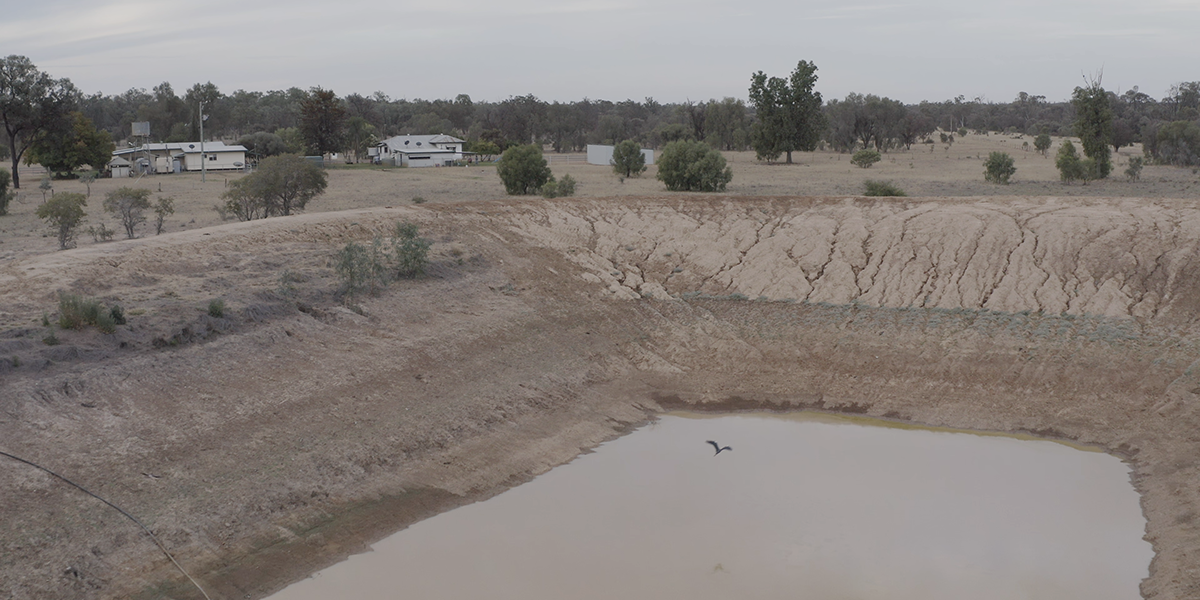MEDIA RELEASE
19th July 2021

More than 100 people drowned in dams in Australia in the past ten years, new data released by the Royal Life Saving Society – Australia found.
The data was drawn from coronial reports and compiled as part of Farm Safe Week to highlight the risks to people living and working on properties with dams, rivers or other water bodies.
Royal Life Saving Chief Executive Officer, Justin Scarr, said rural properties carry very specific drowning risks across the lifespan, from children, to employees working on farms and older farmers.
“In our most recent drowning report, 32% of dam drowning deaths were work-related. Exposure to water in irrigation, aqua-culture and working stock can increase drowning risks on farms,” Mr Scarr said.
“The other most at-risk group of drowning on farms is small children. Children love the water and it only takes a moment for a tragedy to occur.
“The risk is heightened on farms because of the large size and remote location of properties, and the fact that it is not always feasible to fence off large bodies of water.
“There are ways to reduce the risk of drowning and we would ask everyone on farms to take action to protect themselves and the people they love.”
These measures include:
- Create safe play areas for children on rural properties which have access to inland waterways, especially dams on private/ residential properties.
- Fill in any unused holes where water can gather such as ditches, dips and postholes.
- Water storage such as wells and tanks should be securely covered.
- Never undertake work near a dam or river alone.
- Refresh your CPR training, particularly in remote locations.
- Install clear safety signage.
- Talk to guests, or workers visiting your property about where dams and rivers are located.
For more information on how to prevent drowning - visit the Farm Water Safety page on our website.
For media enquiries, please contact Media Key on 0409 420 112 or 03 9769 6488.
